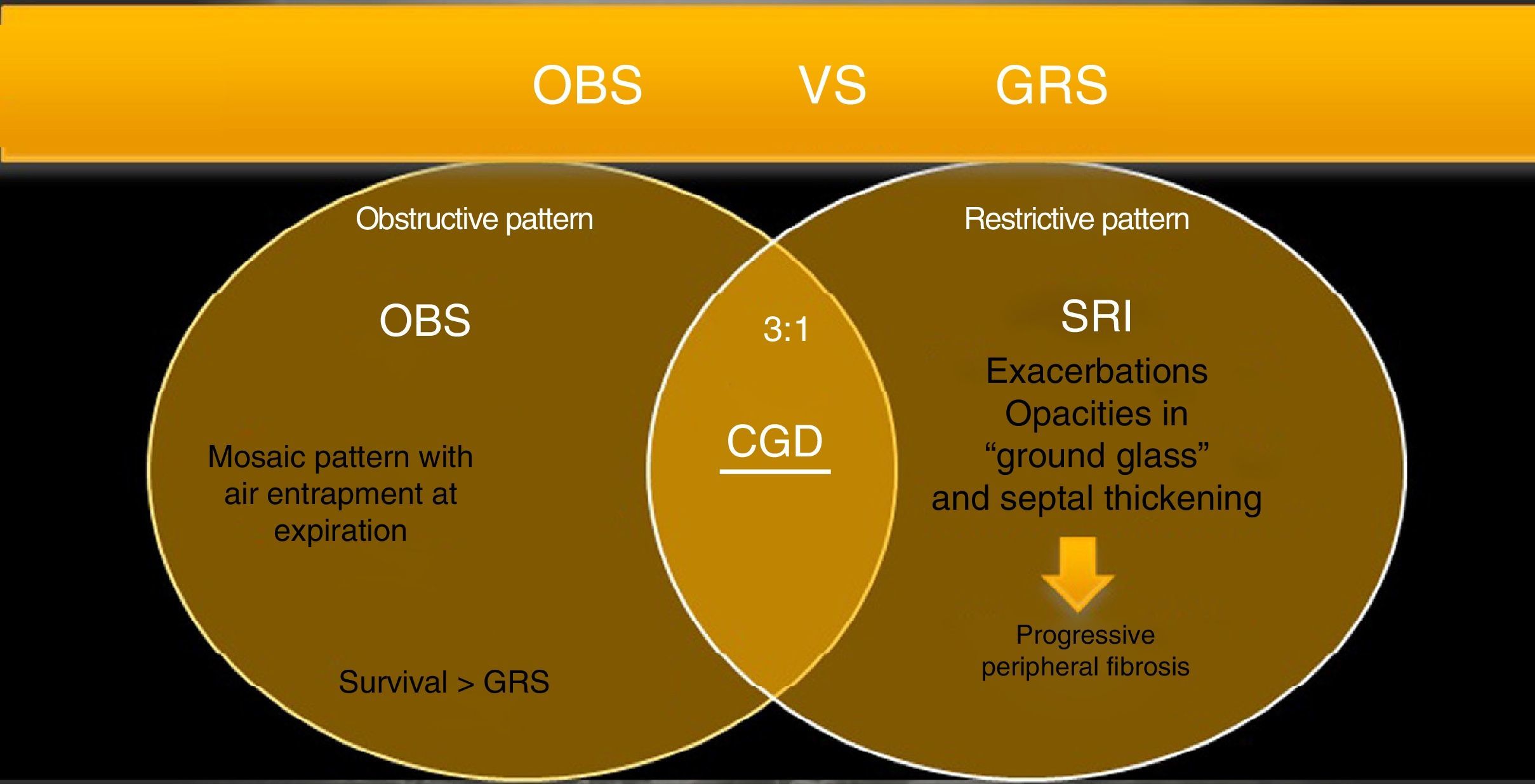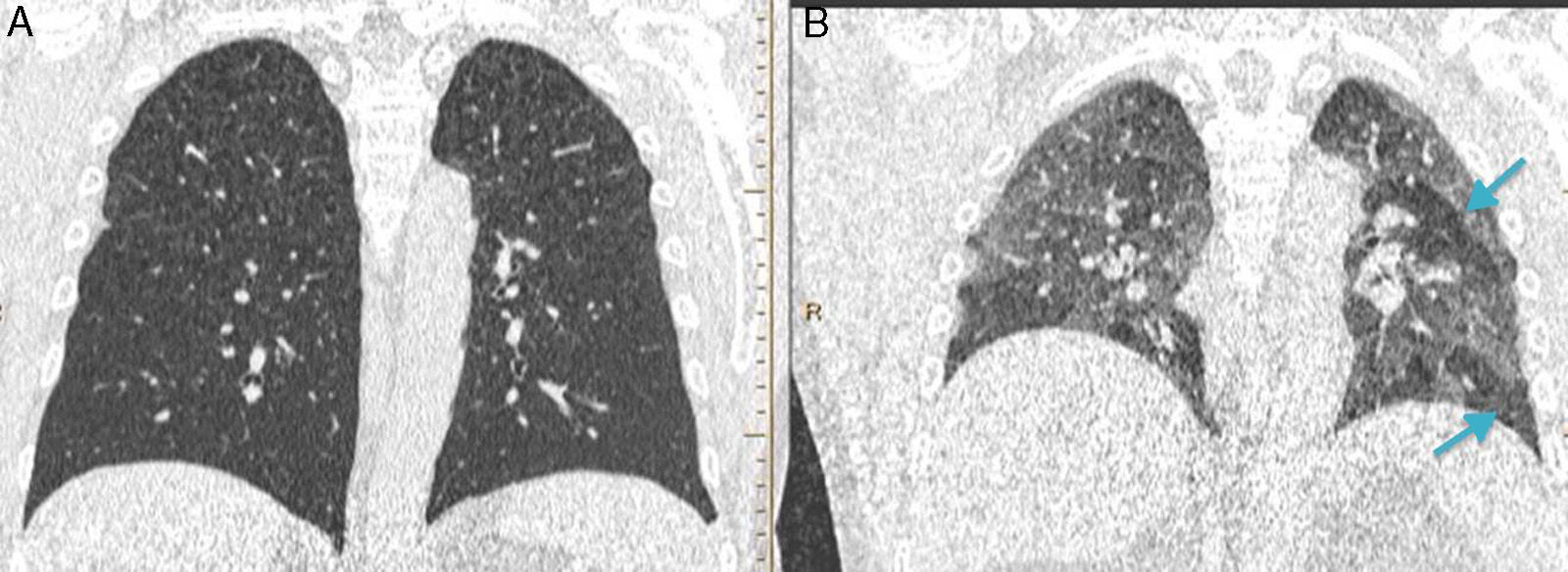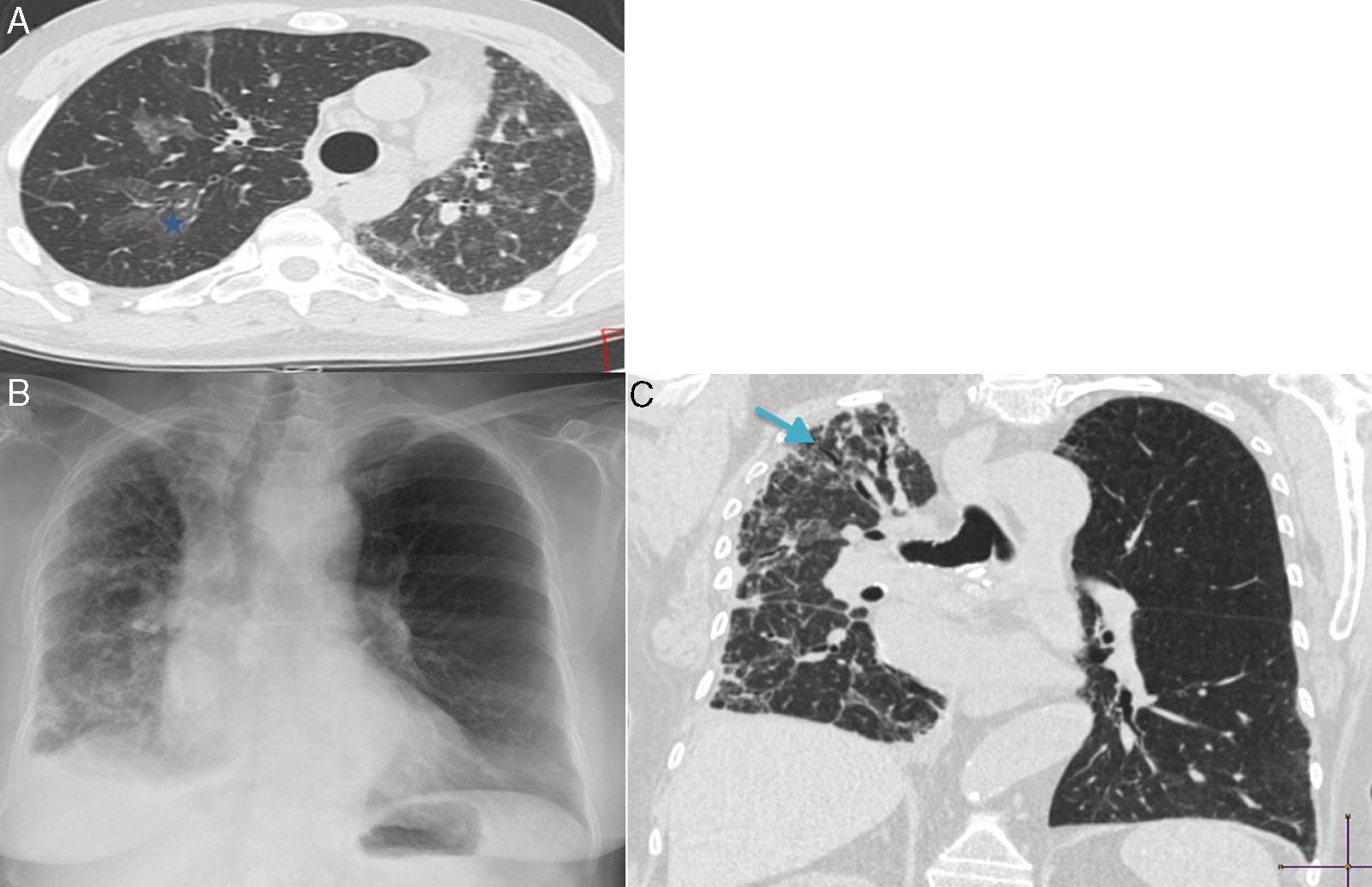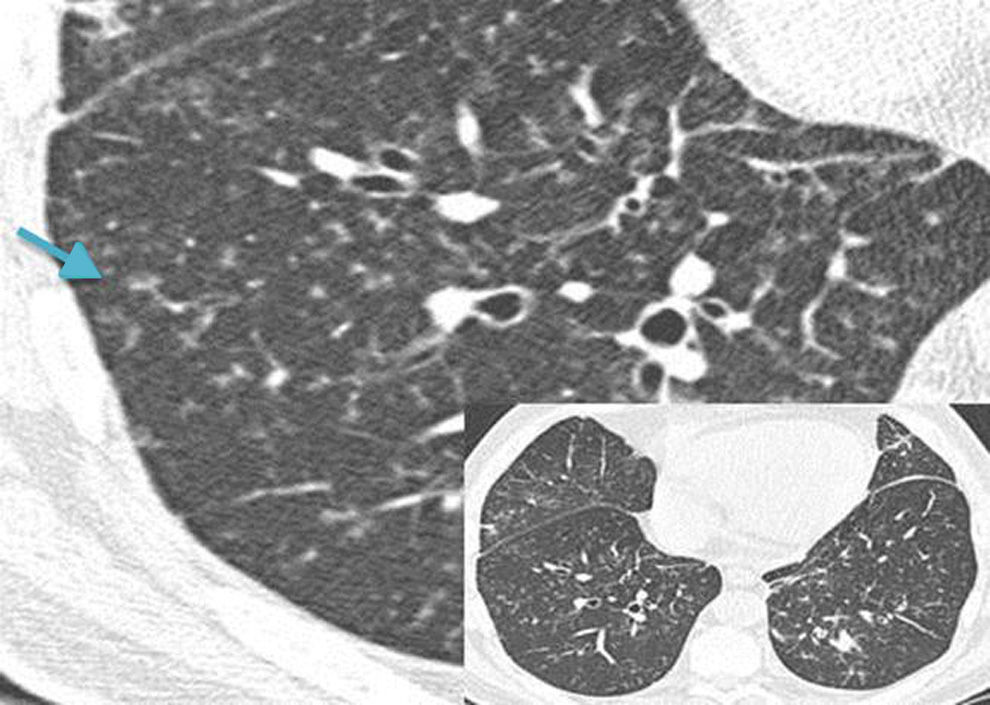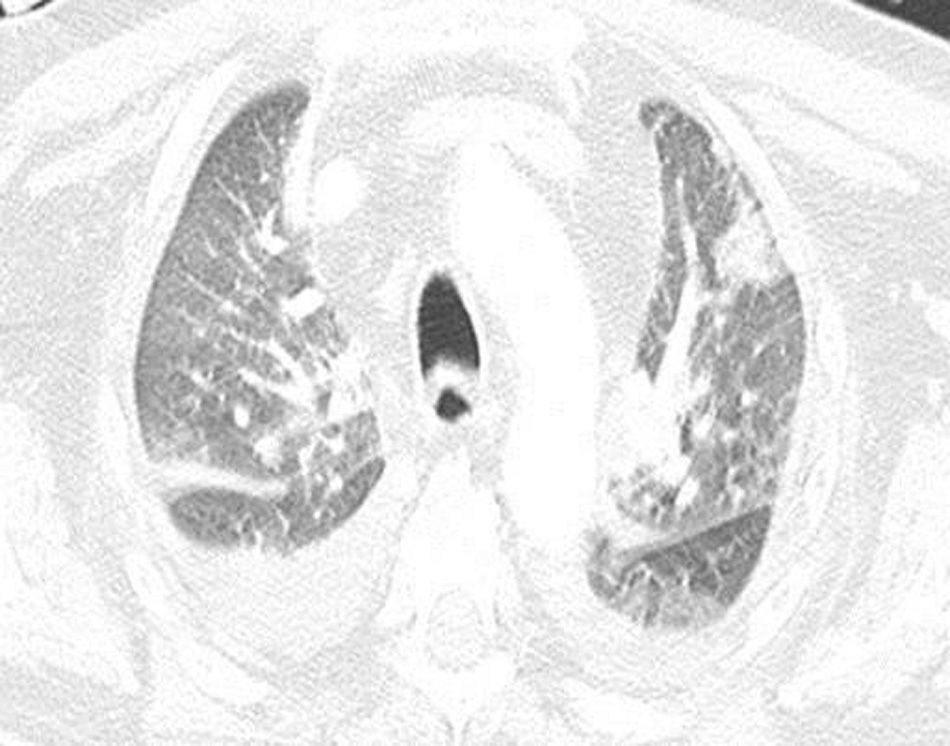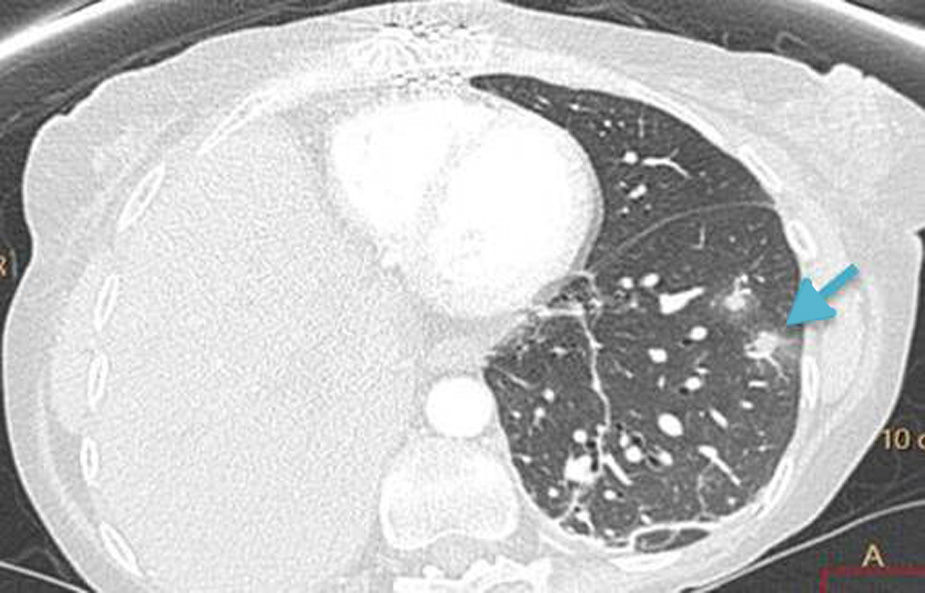Lung transplantation is the best treatment option in the final stages of diseases such as cystic fibrosis, pulmonary hypertension, chronic obstructive pulmonary disease, or idiopathic pulmonary fibrosis.
Better surgical techniques and advances in immunosuppressor treatments have increased survival in lung transplant recipients, making longer follow-up necessary because complications can occur at any time after transplantation.
For practical purposes, complications can be classified as early (those that normally occur within two months after transplantation), late (those that normally occur more than two months after transplantation), or time-independent (those that can occur at any time after transplantation). Many complications have nonspecific clinical and radiological manifestations, so the time factor is key to narrow the differential diagnosis.
Imaging can guide interventional procedures and can detect complications early. This article aims to describe and illustrate the complications that can occur after lung transplantation from the clinical and radiological viewpoints so that they can be detected as early as possible.
El trasplante pulmonar es la mejor opción de tratamiento para los estadios finales de patologías como la fibrosis quística, la hipertensión pulmonar, la enfermedad pulmonar obstructiva crónica o la fibrosis pulmonar idiopática.
Una mejor técnica quirúrgica y el avance en las terapias inmunosupresoras aumentan la supervivencia de los receptores y hacen necesario un seguimiento más duradero, dado que las complicaciones pueden producirse en cualquier momento tras el trasplante.
Las complicaciones se dividen de forma práctica en agudas (dos primeros meses postrasplante), tardías (pasados 2 meses) y aquellas que pueden producirse en cualquier momento. Muchas de ellas presentan manifestaciones clínico-radiológicas inespecíficas, por lo que el criterio temporal es clave para acotar el diagnóstico diferencial.
Las pruebas de imagen permiten guiar procedimientos intervencionistas y detectar complicaciones precozmente. El objetivo del artículo es presentar las posibles complicaciones postrasplante desde un punto de vista clínico-radiológico con el fin de ser capaces de detectarlas lo antes posible.










